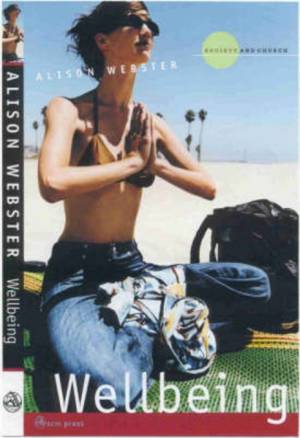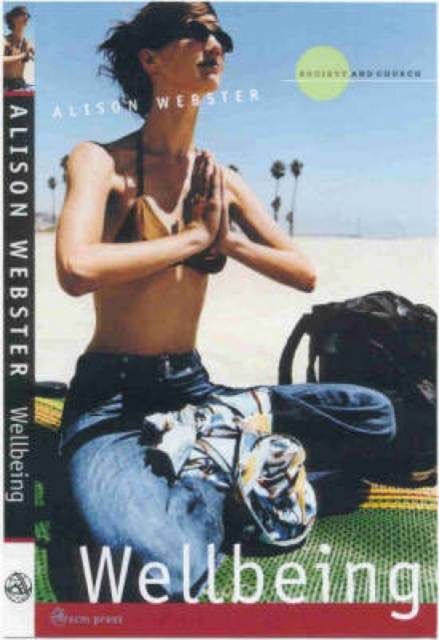
Bedankt voor het vertrouwen het afgelopen jaar! Om jou te bedanken bieden we GRATIS verzending (in België) aan op alles gedurende de hele maand januari.
- Afhalen na 1 uur in een winkel met voorraad
- In januari gratis thuislevering in België
- Ruim aanbod met 7 miljoen producten
Bedankt voor het vertrouwen het afgelopen jaar! Om jou te bedanken bieden we GRATIS verzending (in België) aan op alles gedurende de hele maand januari.
- Afhalen na 1 uur in een winkel met voorraad
- In januari gratis thuislevering in België
- Ruim aanbod met 7 miljoen producten
Zoeken
Omschrijving
This is the first book in the new SCM "Society and Church" series, which attempts to make sense of the Church and Christianity in a secular society and context, and explore what the former can legitimately contribute to the latter. "Wellbeing" is an absolutely central concept in our secular lives, is used with increasing frequency in all sorts of contexts - eg. the Boots website is "www.wellbeing.com" - and it is therefore crucial that we understand how it relates to life, meaning and personal identity in the 21st century. Through a combination of story, personal reflection and philosophical analysis, Alison Webster attempts to get "under the skin" of wellbeing, and show how the concept is evolving in contemporary culture. She shows how the agenda generated by wellbeing is like that which traditionally has been generated by religion and spirituality: which is why "meeting spiritual needs" is such big business in health and social care. Webster argues that the Christian tradition still has much to offer in transforming our society into one in which sickness, disability and death are put into their rightful place - and in which overly-commodified and individualistic notions of sickness and disability are overcome.
Specificaties
Betrokkenen
- Auteur(s):
- Uitgeverij:
Inhoud
- Aantal bladzijden:
- 174
- Taal:
- Engels
- Reeks:
Eigenschappen
- Productcode (EAN):
- 9780334028895
- Verschijningsdatum:
- 1/11/2002
- Uitvoering:
- Paperback
- Formaat:
- Trade paperback (VS)
- Afmetingen:
- 132 mm x 198 mm
- Gewicht:
- 145 g

Alleen bij Standaard Boekhandel
+ 80 punten op je klantenkaart van Standaard Boekhandel
Beoordelingen
We publiceren alleen reviews die voldoen aan de voorwaarden voor reviews. Bekijk onze voorwaarden voor reviews.









